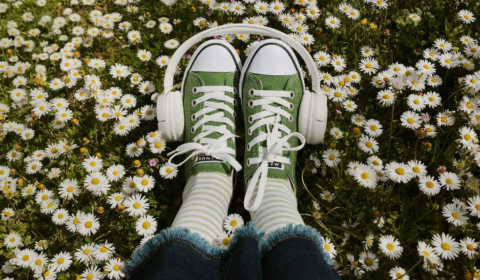While aging arena-rock artists continue to cash in on their back catalogues, Warner Music Group, Black Rock, and Influence Media are looking to support relevant and burgeoning talent. $750m has been committed specifically to female and diverse musicians creating now.
Surely, there are only so many limited-edition vinyls you can release for albums dropped in the 80s before their appeal is well and truly dead? Though good luck telling that to music investors.
In a surprising pivot away from legacy bands (and primarily, from old white dudes), however, Warner Music Group – the third largest record label – has partnered the globe’s number one asset manager, BlackRock, on a $750m fund to promote female and diverse musicians.
Putting aside the sizable royalty payments that still roll in for classic Springsteen, Sting, or Dylan records, this investment will be divvied out by management firm Influence Media to bolster what its calling ‘modern evergeen’ music
In essence, the pair are capitalising on younger creatives who are still writing/producing music and actively maintain a stake in their own artist catalogues.
The fund has already deployed $300m to 20 catalogues, including Tainy (a songwriter for artists like Bad Bunny, J Balvin, and Cardi B), the Stereotypes (who co-write many Bruno Mars hits), Jessie Reyez (who works closely with Sam Smith and Dua Lipa), and Skyler Stonestreet (the creative influence behind several Justin Bieber and Ariana Grande tracks).




















